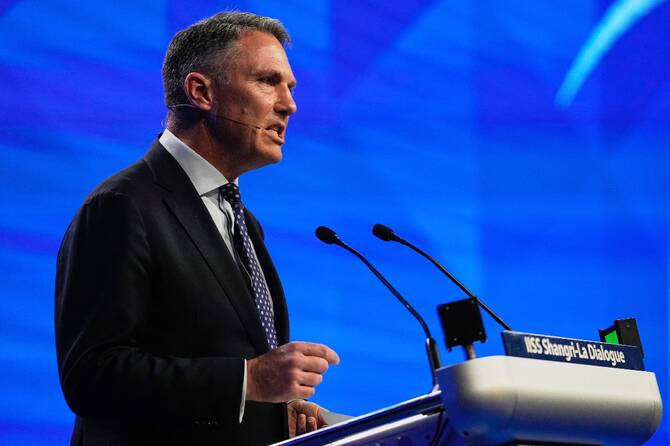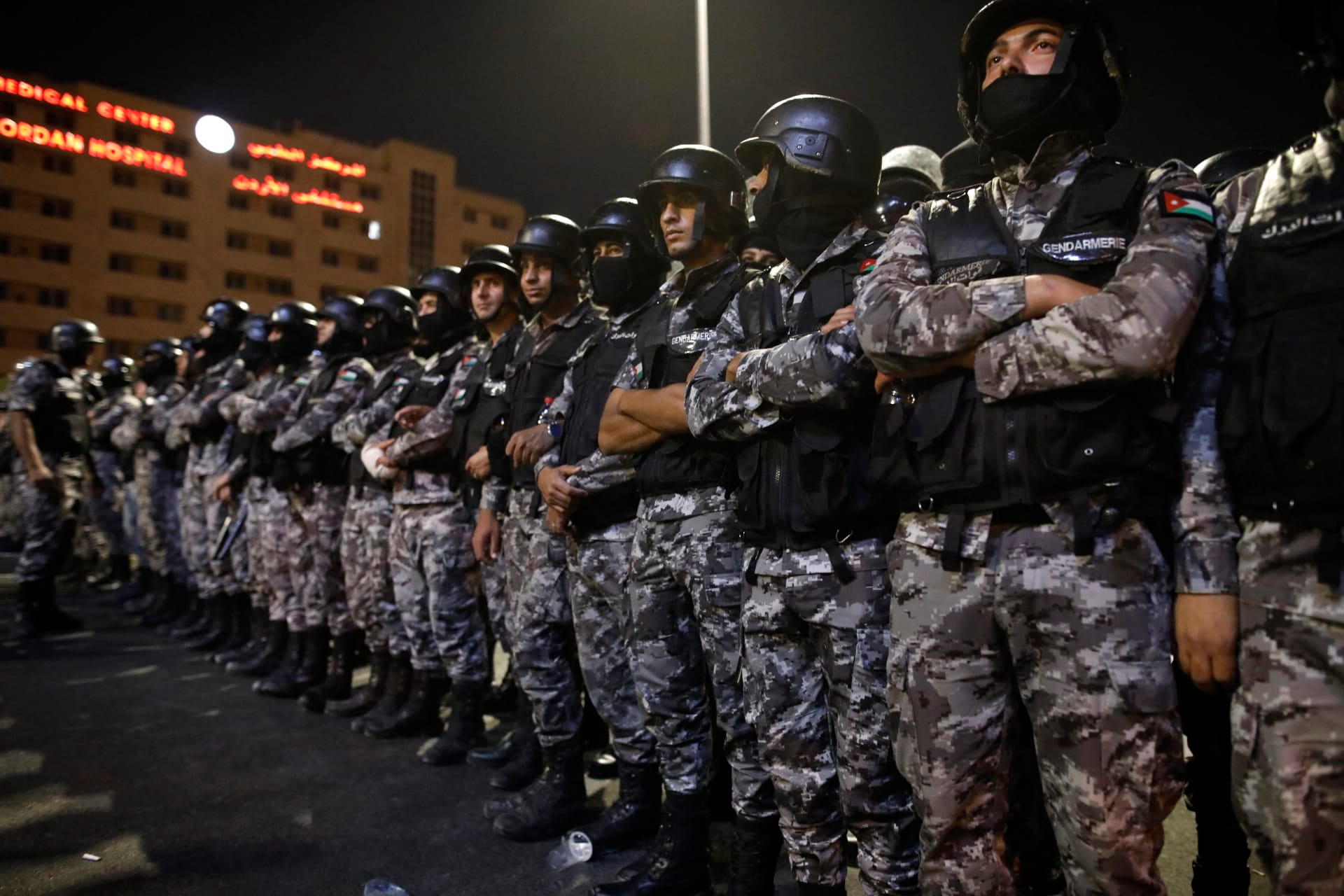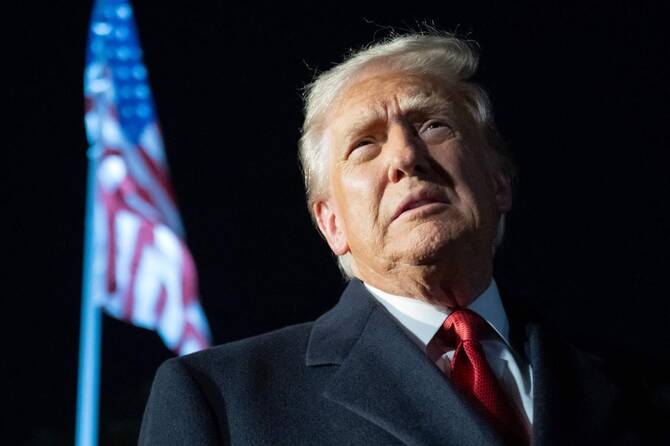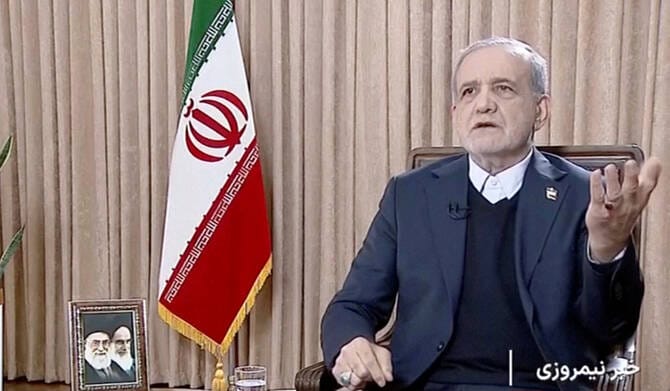Australia’s defense minister urges greater military openness from China

Australian Defense Minister Richard Marles on Saturday urged greater transparency from China over its military modernization and deployments as Pacific nations brace for a more assertive Chinese presence.
Speaking to Reuters on the sidelines of the Shangri-La Dialogue defense meeting in Singapore, Marles said that while China remains an important strategic partner to Australia, more open communication between the two nations is key for a “productive” relationship.
“When you look at the growth in the Chinese military that has happened without a strategic reassurance, or a strategic transparency....we would like to have a greater transparency in what China is seeking to do in not only its build up, but in the exercises that it undertakes,” said Marles.
“We want to have the most productive relationship with China that we can have ... we hope that in the context of that productive relationship, we can see greater transparency and greater communication between our two countries in respect of our defense.”
Both Australia and New Zealand raised concerns in February after three Chinese warships conducted unprecedented live-fire drills in the Tasman Sea.
Both nations complained of late notice over the drills by China, which led to the diversion of 49 commercial flights.
Marles said that while the drills were in accordance with international law, China should have been less disruptive.
He also said Australia was able to closely scrutinize the Chinese task-force.
“It’s fair to say that this was done in a bigger way than they have done before, but equally, that was meant from our point of view, by a much greater degree of surveillance than we’ve ever done,” he said.
“From the moment that Chinese warships came within the vicinity of Australia, they were being tailed and tracked by Australian assets ... we were very clear about what exercises China was undertaking and what capability they were seeking to exercise and to build.”
Chinese officials have signalled that more such exercises could be expected as it was routine naval activity in international waters. Defense analysts say the exercises underscore Beijing’s ambition to develop a global navy that will be able to project power into the region more frequently.
Australia has in recent times pledged to boost its missile defense capability amid China’s nuclear weapons buildup and its blue-water naval expansion, as the country targets to increase its defense spending from roughly 2 percent of GDP currently to 2.4 percent by the early 2030s.
The nation is scheduled to pay the United States $2 billion by the end of 2025 to assist its submarine shipyards, in order to buy three Virginia-class nuclear-powered submarines starting in 2032 — its biggest ever defense project.





